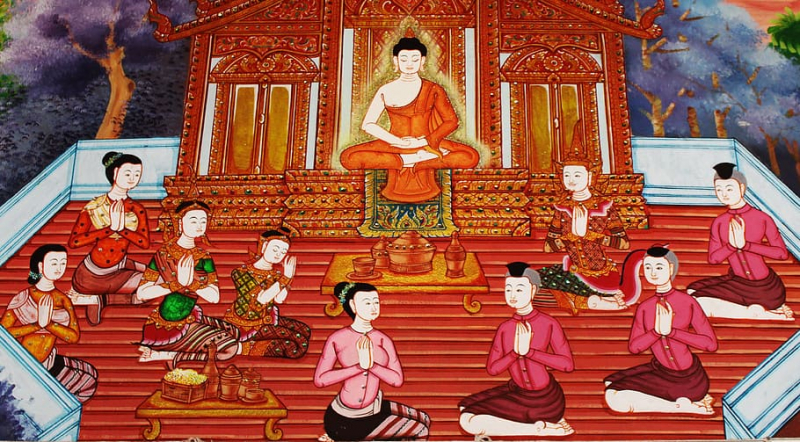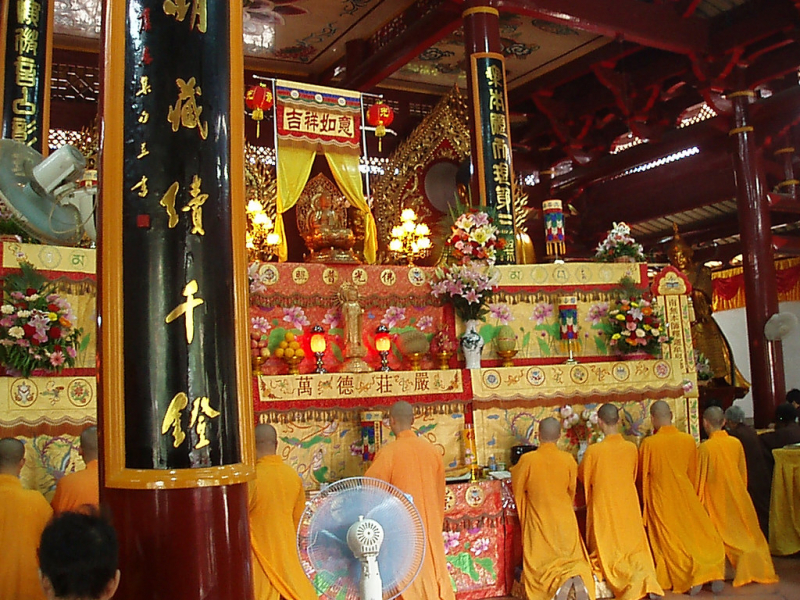Reverence for Ancestors
The reverence of ancestors occupies a meaningful role within Buddhism's perspective on death, exemplifying the tradition's esteem for those who have transitioned and its focus on interconnectedness and thankfulness. Buddhists pay homage to their forebears to acknowledge the interwoven nature of all existence and convey appreciation for the enduring impact they have imparted. This custom nurtures profound gratitude for preceding generations' invaluable contributions and selfless offerings.
Via ceremonial acts and sacred rituals, Buddhists present offerings of nourishment, blossoms, fragrant incense, and other symbolic tokens to honor their ancestors. The accrued merit from these gestures is thought to bestow favor upon the departed, cultivating propitious circumstances for their passage through the realms beyond.
The reverence for ancestors fosters the enduring connection of the familial bond, even in the face of death. Buddhists engage in the recitation of scriptures and the offering of prayers in honor of their forebears. These rituals are designed to provide guidance and bolster the departed, aiding them in traversing the afterlife's realms and, potentially, attaining a more auspicious rebirth.
The reverence for ancestors within Buddhism echoes a profound recognition of the interconnected tapestry of all existence and the enduring bonds that persist beyond mortality. This practice establishes a structure through which gratitude is conveyed, positive karma is generated, and virtues resonant with Buddhist values are nurtured. Simultaneously, it extends solace and assistance to individuals navigating the grieving process, offering them comfort and support as they mourn the departure of cherished companions.












